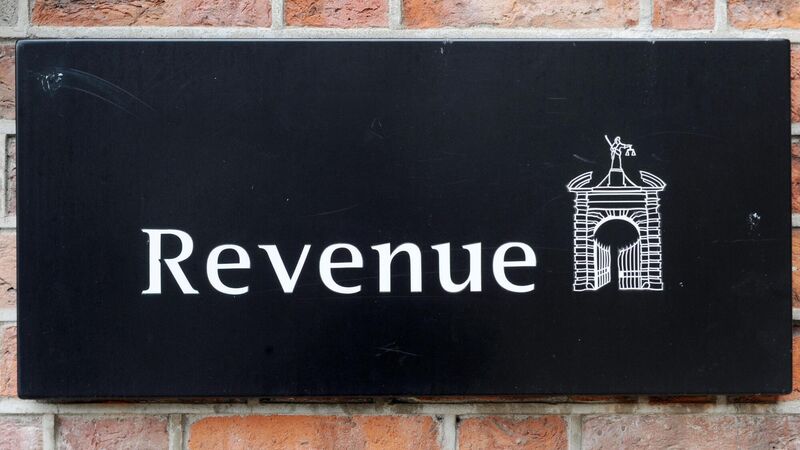More than €1.66bn in firms’ covid tax debt still due before May 1

The figures from Revenue has led groups such as Isme to 'strongly advise' members to engage with the tax body.
More €1.66bn in warehoused tax debt deferred by firms from the pandemic remains outstanding a month before payment is due, with plans yet to be agreed on the vast majority of it.
The figures from the Revenue Commissioners has led groups such as the Irish SME Association (Isme) to “strongly advise” members to engage with the tax body, with the cost of not engaging potentially costing an additional penalty of between 8% and 10% of the total owed.











